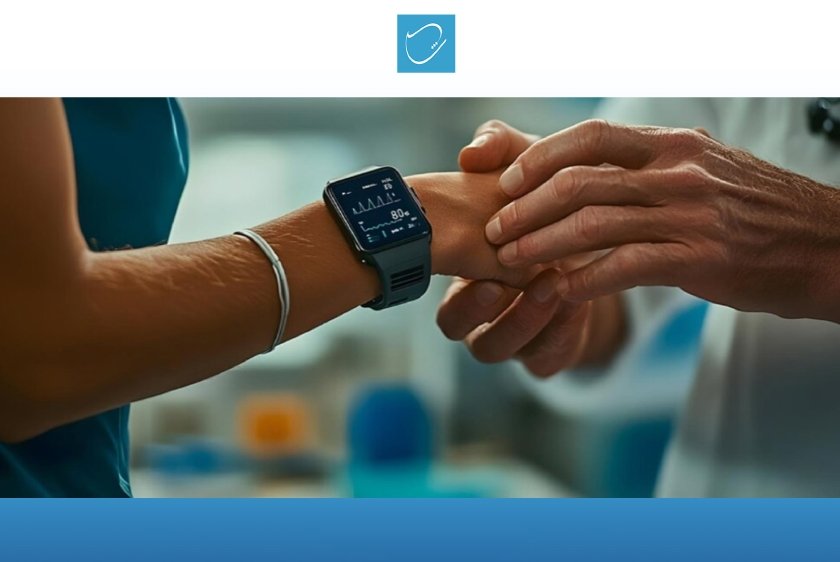Empowering Patients with Real-time Data: The Future of Wearable Healthtech
Healthcare is undergoing a transformation, with wearable technology playing a crucial role in improving patient outcomes. No longer limited to simple step tracking, wearable devices now provide real-time insights into vital health metrics, enabling proactive healthcare and better disease management. As highlighted in The Journal of Medical Internet Research, these advancements are revolutionizing how patients and healthcare providers approach wellness and treatment.
Real-Time Monitoring for Better Health Management
Wearable health devices now go beyond fitness tracking, offering continuous monitoring of key health indicators such as:
- Heart rate and ECG readings – Detecting irregular heart rhythms early.
- Blood sugar levels – Helping diabetic patients manage glucose fluctuations.
- Oxygen saturation (SpO2) – Assisting individuals with respiratory conditions.
For patients with chronic illnesses, this real-time data is invaluable. According to Health Affairs, continuous monitoring helps detect potential complications before they become severe, allowing for early medical intervention. By integrating wearable tech with healthcare systems, providers can remotely track patient health, make data-driven decisions, and improve overall care (Health Affairs).
A narrative systematic review published in JMIR mHealth and uHealth categorizes wearable health devices into four primary applications (JMIR mHealth and uHealth):
- Health and Safety Monitoring – Continuous tracking of vital signs to detect anomalies early.
- Chronic Disease Management – Assisting patients in managing conditions like diabetes and heart disease through real-time data.
- Disease Diagnosis and Treatment – Providing data that supports accurate diagnoses and treatment plans.
- Rehabilitation – Monitoring progress and facilitating recovery in patients undergoing rehabilitation.
However, while wearable health devices offer major benefits, challenges remain. These include user friendliness, security and privacy concerns, lack of industry standards, and technical limitations that need to be addressed to fully integrate wearable technology into medical practice (JMIR mHealth and uHealth).
A New Era of Personalized and Preventative Care
Wearable technology is reshaping the way individuals manage their health. These devices empower patients by providing them with greater control over their well-being. Additionally, when combined with AI and telemedicine, they enable a shift toward personalized and preventative care, reducing hospital visits and improving long-term health outcomes.
Looking Ahead: The Future of Wearable Health Tech
As wearable health technology continues to advance, its impact on healthcare will only grow. Future innovations will likely enhance diagnostics, remote patient monitoring, and AI-driven health insights, making healthcare more accessible and efficient. With wearable devices now a key player in modern healthcare, the question is no longer whether they will be widely adopted; but how far their capabilities will extend in shaping the future of patient care.
#WearableTech #DigitalHealth #HealthcareInnovation #MedicalTechnology #FutureOfHealthcare #HealthTech #RemoteMonitoring #AIinHealthcare
Sources:
The Journal of Medical Internet Research – mhealth.jmir.org
Health Affairs – healthaffairs.org
JMIR mHealth and uHealth – mhealth.jmir.org
